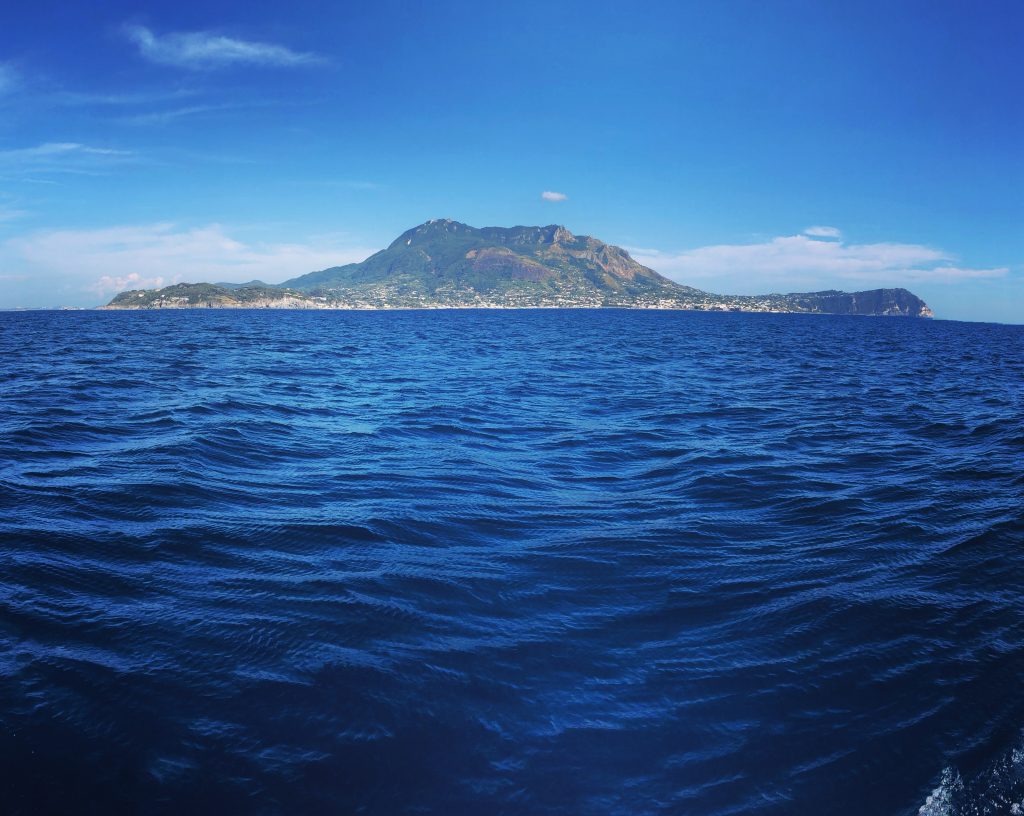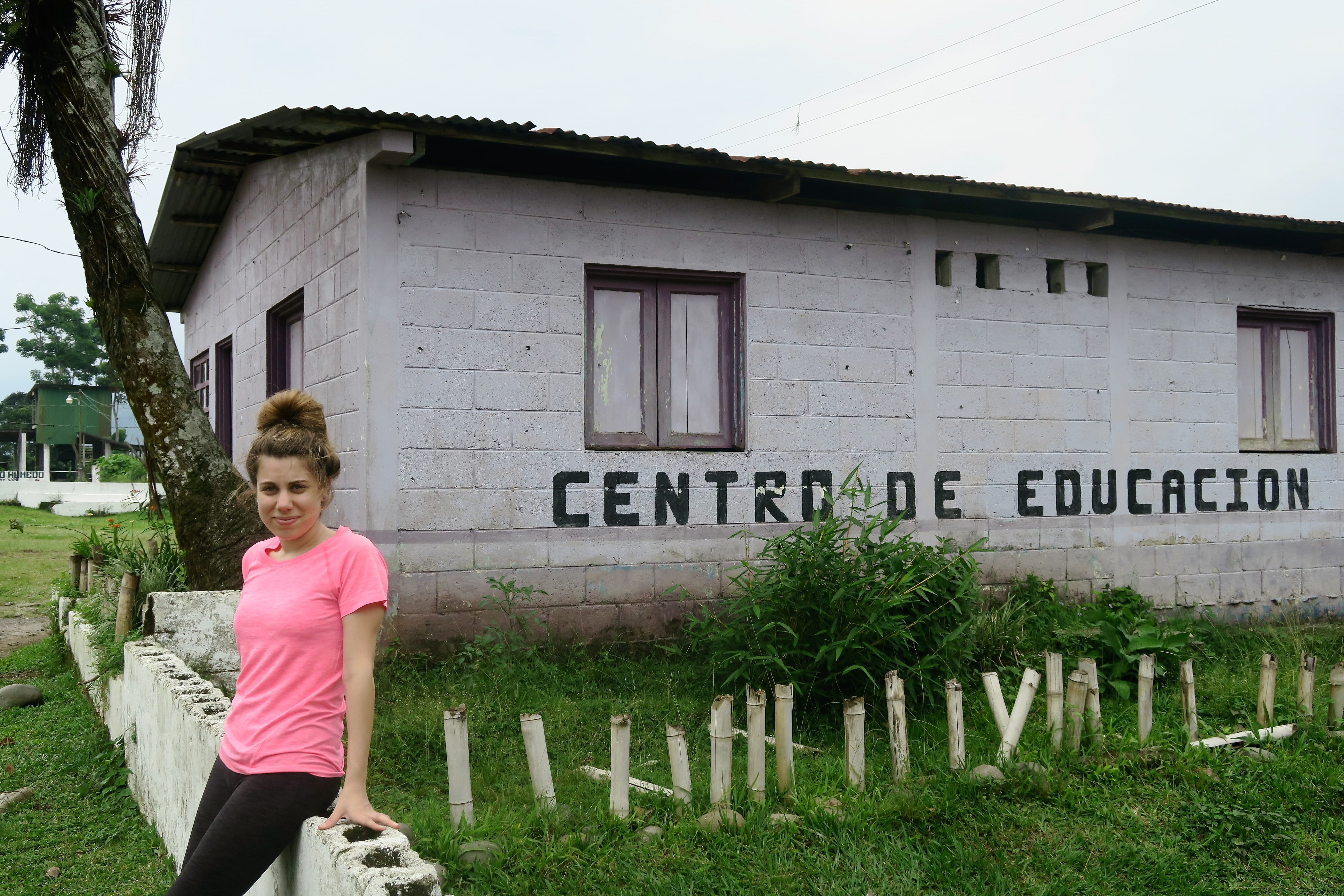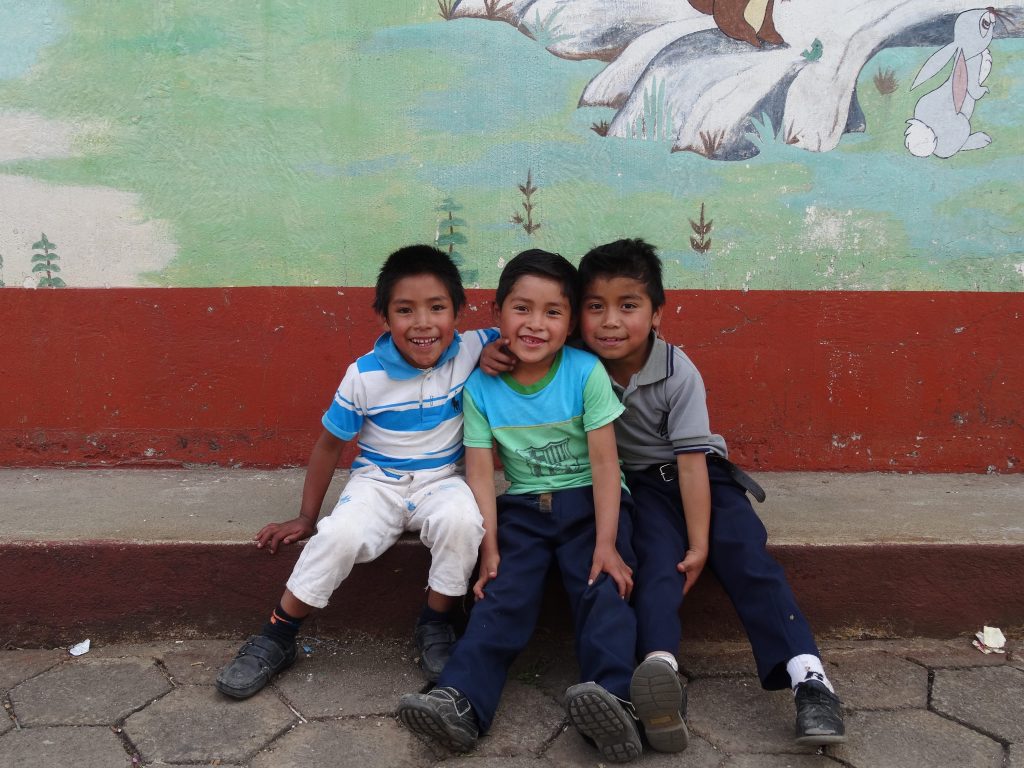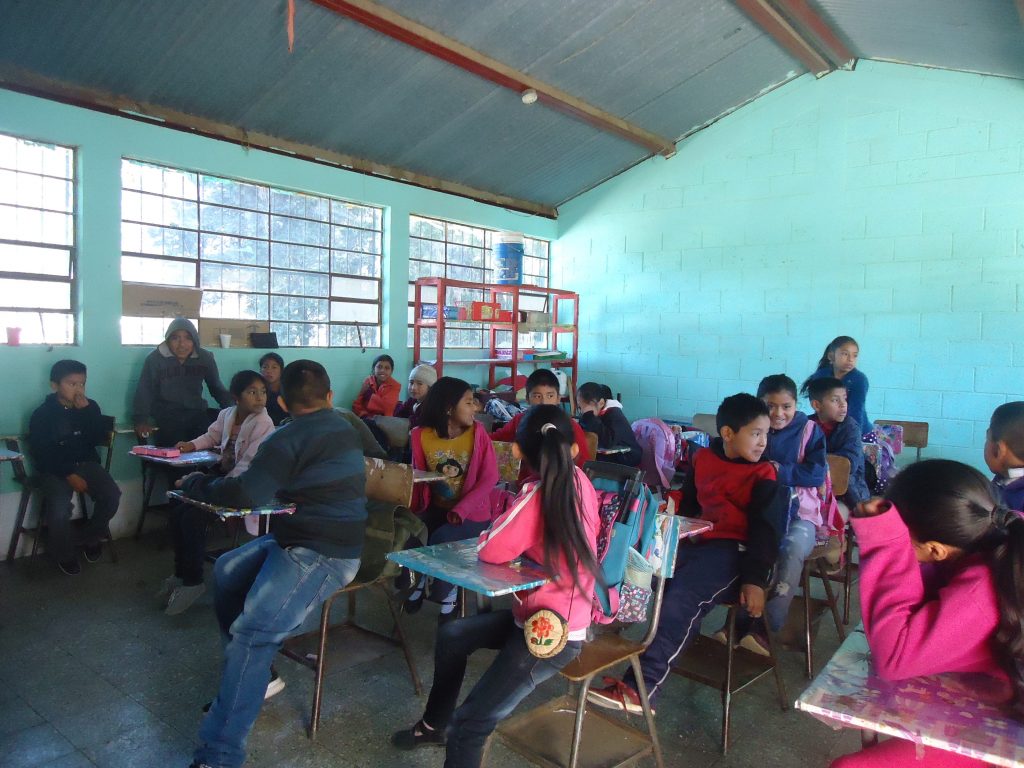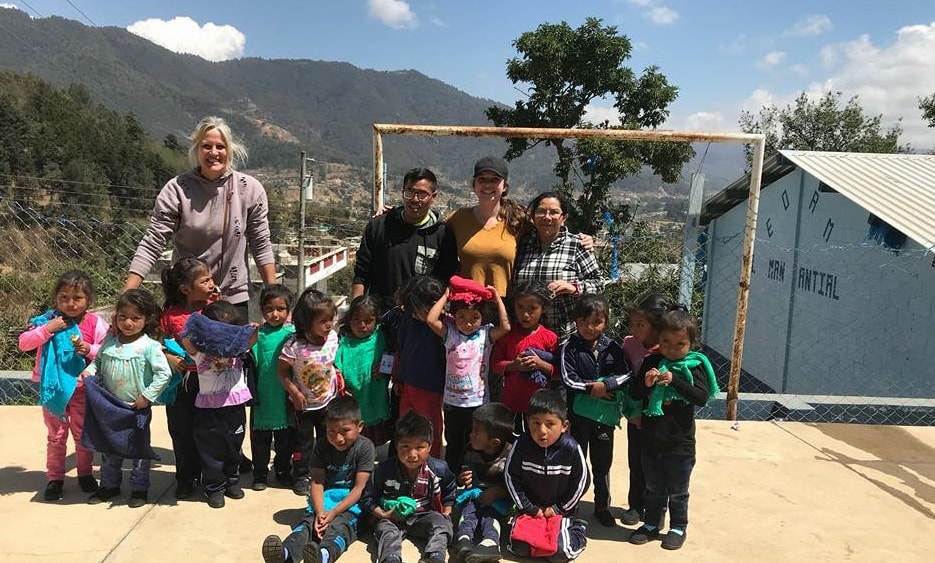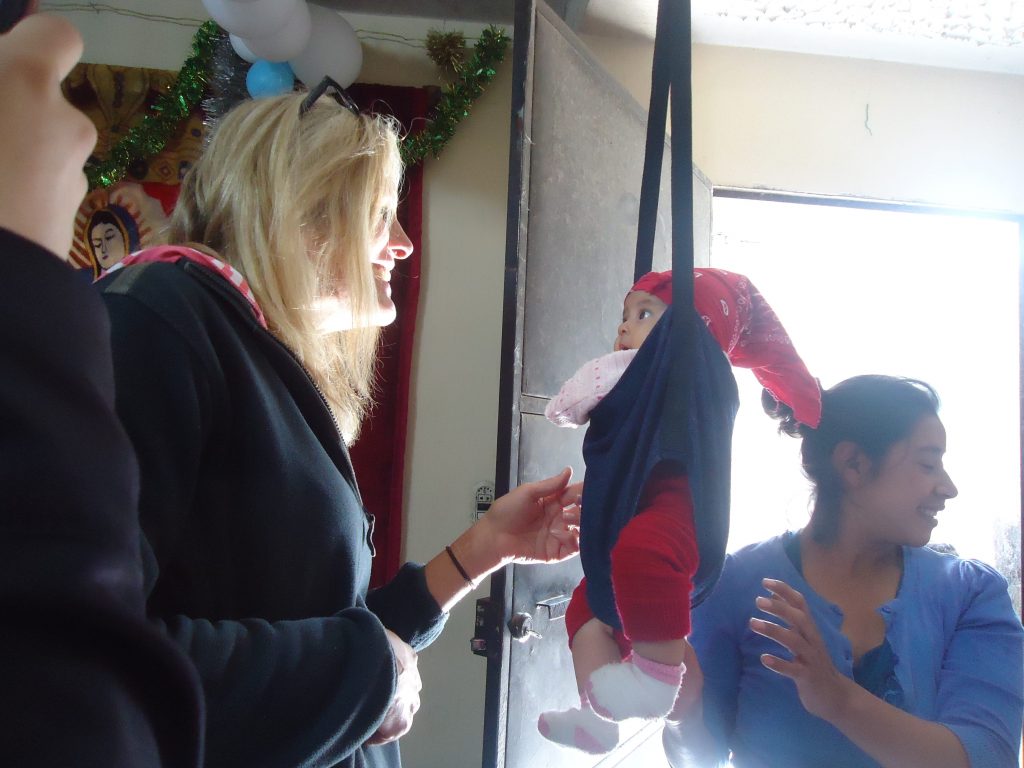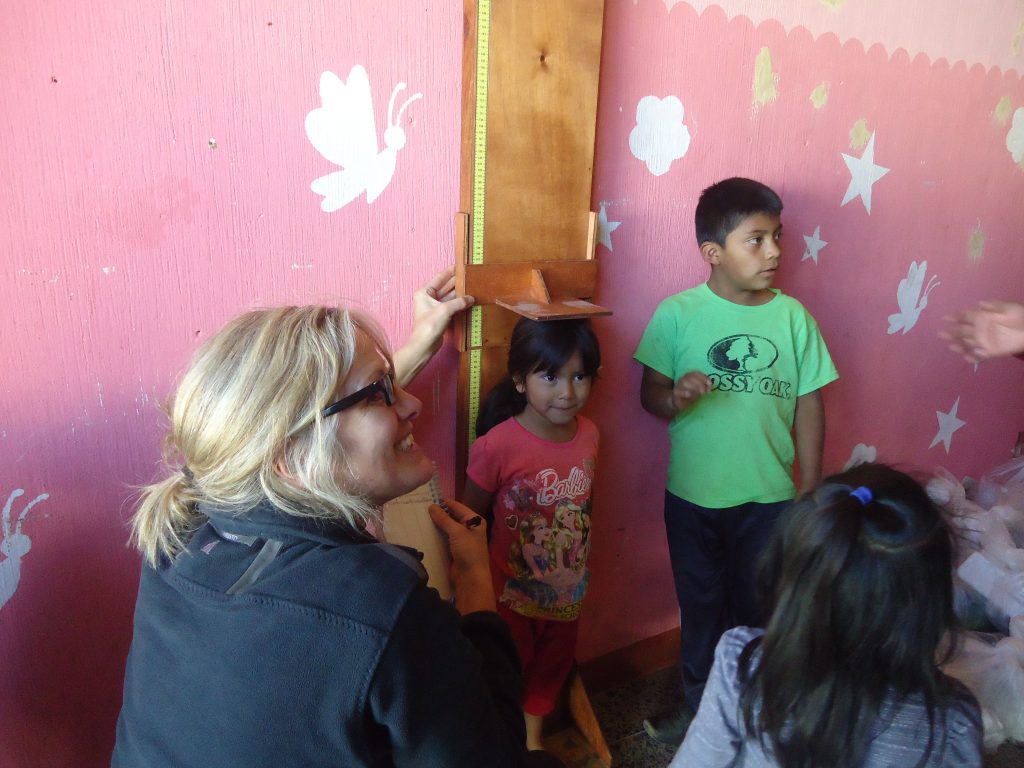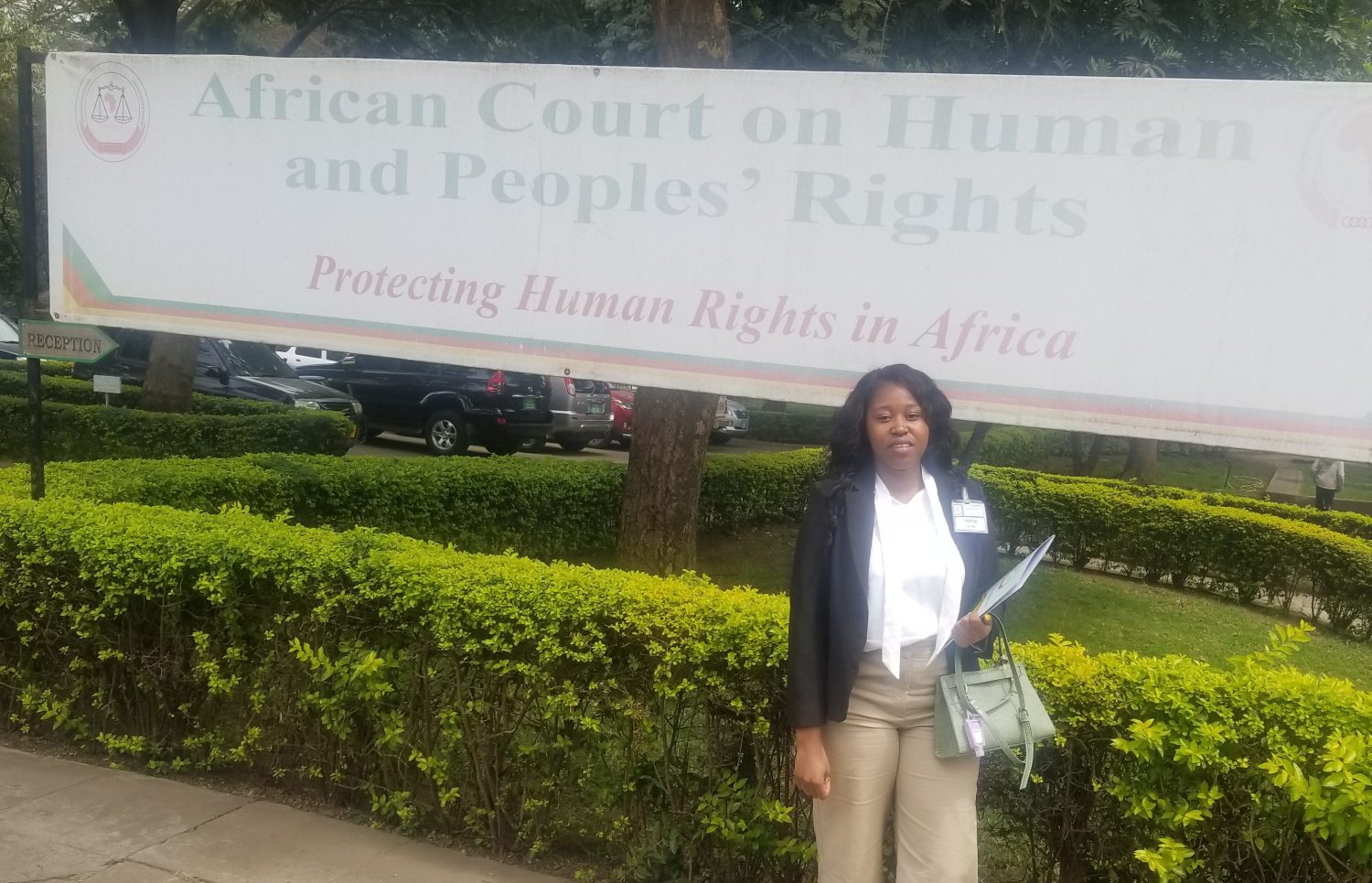Hi, my name is Berni. I’m from the UK and I have just returned from three months working on the Bird Research project at Jalova, Costa Rica.
Well, where do I begin??? …..so much I want to tell you.
I’ve always had an interest in wildlife but I will confess to being an ‘armchair’ enthusiast. I love watching anything wildlife related on TV, have a love of being outdoors and take an interest in conservation but have never actually done any conservation work before. My work involved helping children and young people with emotional difficulties, so doing wildlife conservation work was very different for me.
Circumstances within my work environment provided me with an opportunity to take some time out…. a gap year. So I decided to stop sitting in the armchair, get out there and do something about my conservation interest. I knew about Costa Rica’s diverse wildlife and, in terms of places I wanted to visit, it was right up there at the top of my bucket list.
I started to do some research into companies offering ecotourism and was overwhelmed by the choice! I’d heard that some organisations would quite happily take your money and not give you a genuine, worthwhile experience, and I wanted to make sure I would be working for an organisation which was credible and was making a real difference on environmental issues. So I contacted several organisations and asked lots of questions! And, for me, this project ticked all the boxes. After a lot of extensive research, I knew I’d found the organisation I wanted to work with.
The weeks leading up to my trip were busy. Flights; insurance; making sure I had all the right equipment… the list seemed endless, but finally the day arrived when I was ready to go. To say I was nervous was an understatement! But as soon as I was met by Vix, Amber and Ben at San Jose airport, I felt at ease and knew I would be well looked after. Some of the other volunteers and interns were also at the airport, and I met others when we arrived at the hostel in San Jose.
Then the following day, we were all transported to Jalova, which was going to be my home for the next three months. After a good night’s sleep, I was able to get used to my surroundings and I fell in love with Jalova straight away. Yes, the facilities are basic and not what I was used to at home; electricity is solar powered – Jalova is in the middle of a rainforest which meant that some days there was no sun – and therefore no power – so charging devices, and even lighting was limited to say the least; there was sufficient water to have a shower each day, but all other water came from the well. Still, base camp has such charm and I saw a multitude of wildlife within a few metres of my dorm. Oh, and did I mention that the beach (and the Caribbean) is only metres from the camp???
Very quickly after arriving at camp, the training began. As a mature traveller, it was several years since I’d done any studying and I felt as though I was never going to learn the names and characteristics of all the necessary birds, lizards, frogs and mammals. But the staff and other volunteers were so supportive. We would all study together and test each other on our knowledge. It seemed the staff’s motto of ‘we believe in you’ paid off and the studying, along with getting out in the field and seeing some of the species ‘in the flesh’ (which I did very soon after arriving at Jalova), helped me to pass the necessary tests.
As I’d signed up for the Wildlife programme, I became involved in all aspects of the project which was exactly what I wanted. Surveys were varied; – forest surveys, butterfly walks, night walks, nest checks, jag walk, jag cams, frog walks and bird boat. I loved going out on the bird boat – the canals which surround Jalova are absolutely stunning – so peaceful and calm, and we saw an abundance of birds and other wildlife (but be prepared to do lots of rowing!). But my favourites have to be nest check and night walk because that was where I had the opportunity to see turtles! For me, seeing these beautiful creatures in the flesh, after years of only seeing them from my armchair on TV, was beyond my wildest dreams! I got the opportunity to ‘work’ some green adult female turtles – this involved counting the eggs as she was laying them (what an experience!), measuring her, marking the nest and doing a body check. I can’t begin to describe the feeling I got the first time I did that. And then on nest check I saw baby leatherbacks making their way to the ocean – so many special memories that I will treasure forever.
Going to Jalova and working with the project has truly been a life-changing experience for me. Every single person I met was warm, friendly, accepting and kind, and we all shared a passion for helping the beautiful creatures we encountered. The staff could not have done more to make me feel welcome, accepted, and that I was truly making a difference to the work we were doing. Their belief in me has really boosted my confidence. I can’t thank them enough.
If you are thinking of doing some wildlife conservation and considering going to Jalova, my advice would be ‘just do it’.
Bird Research and Conservation in Costa Rica

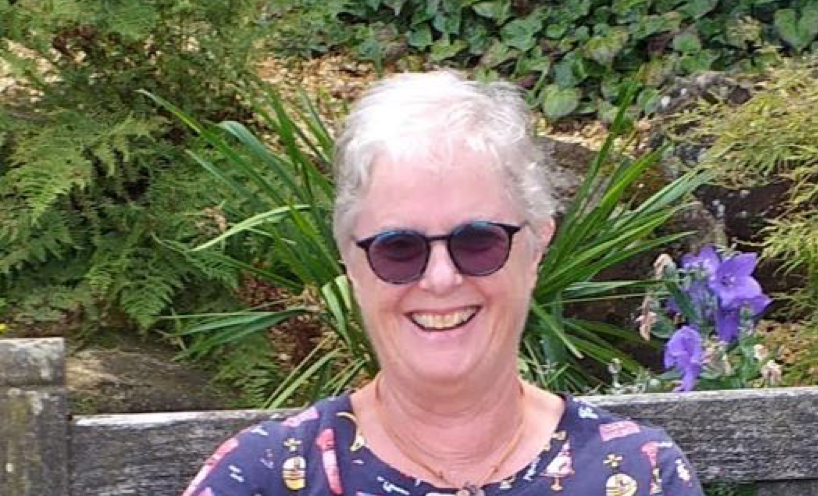
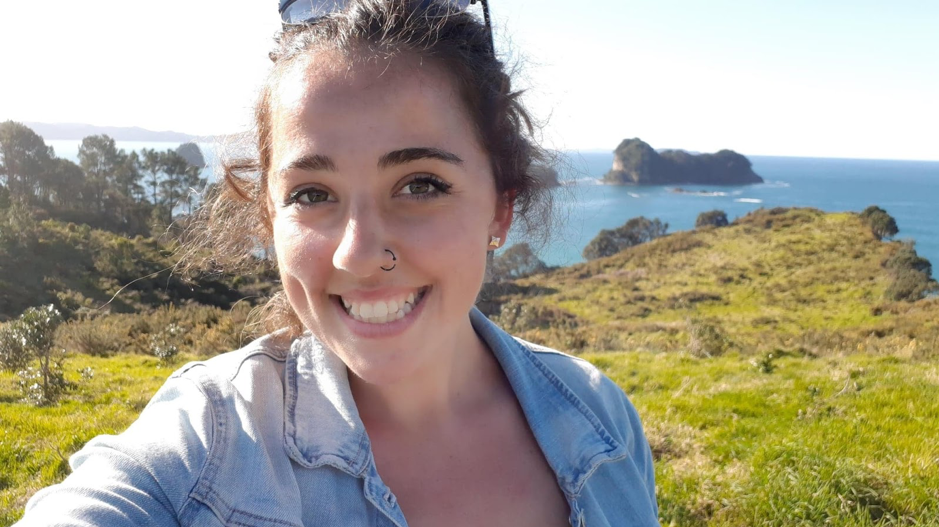
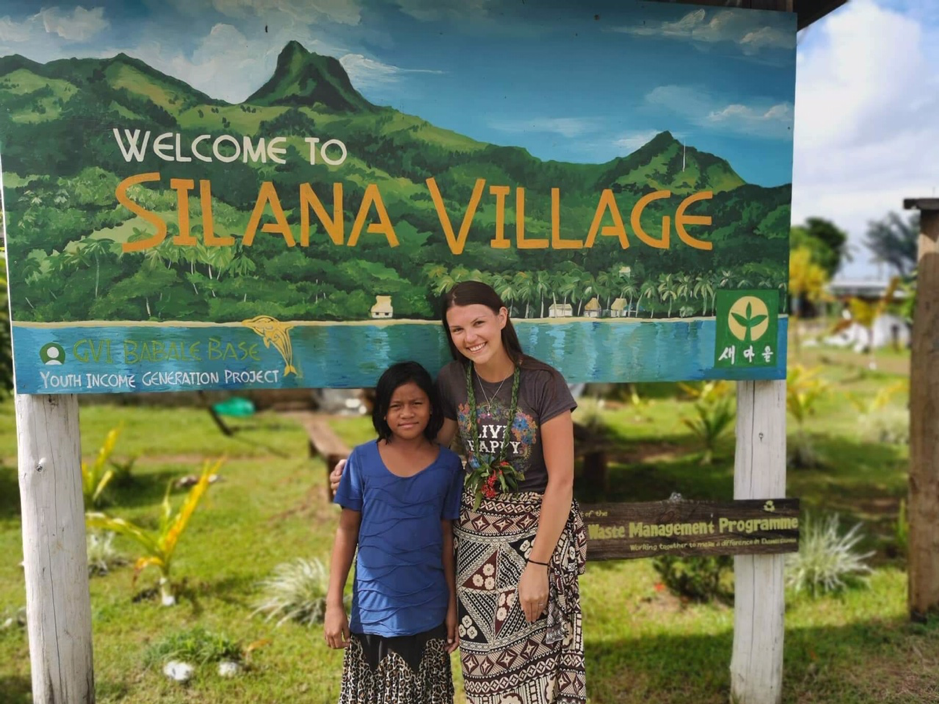
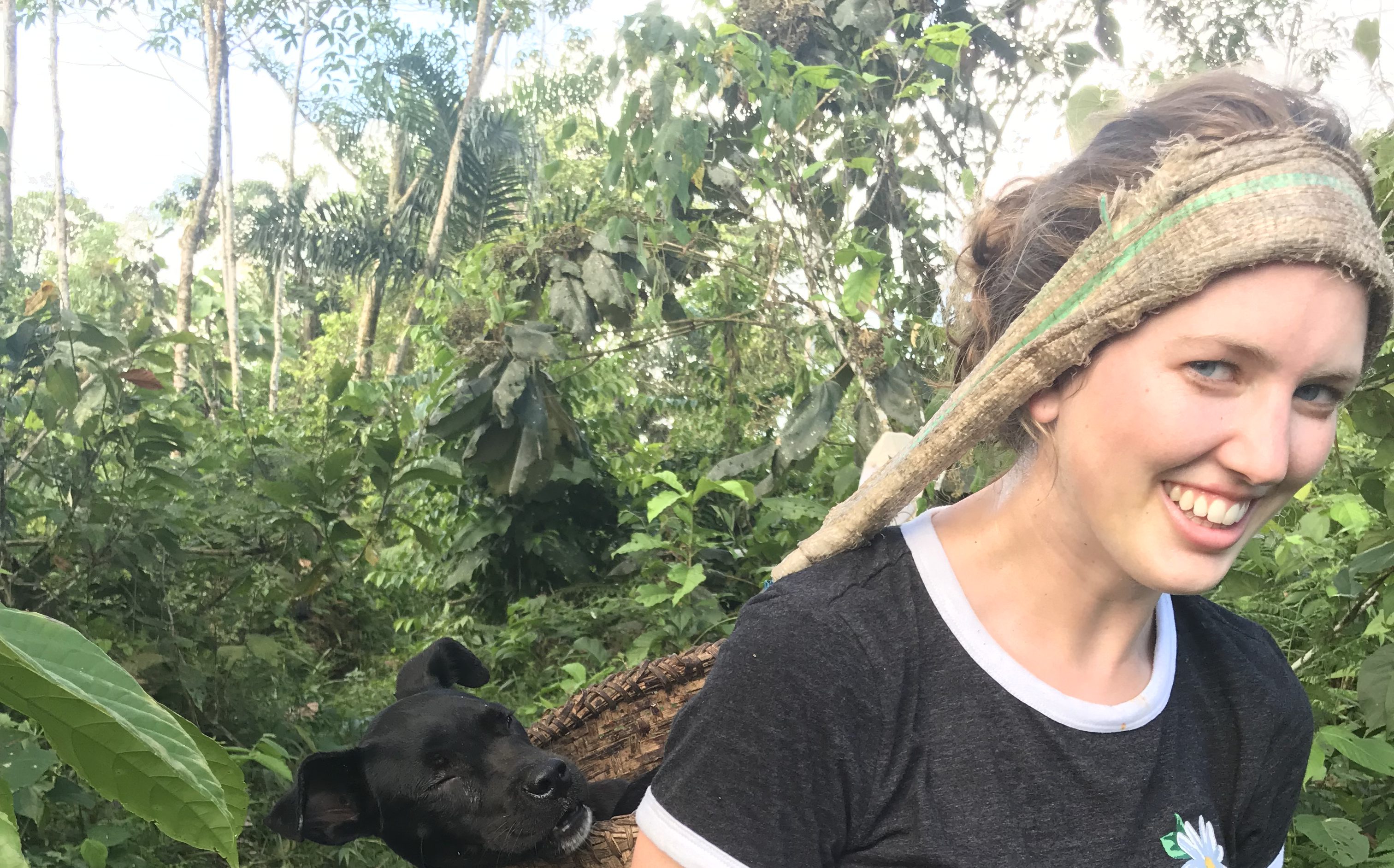
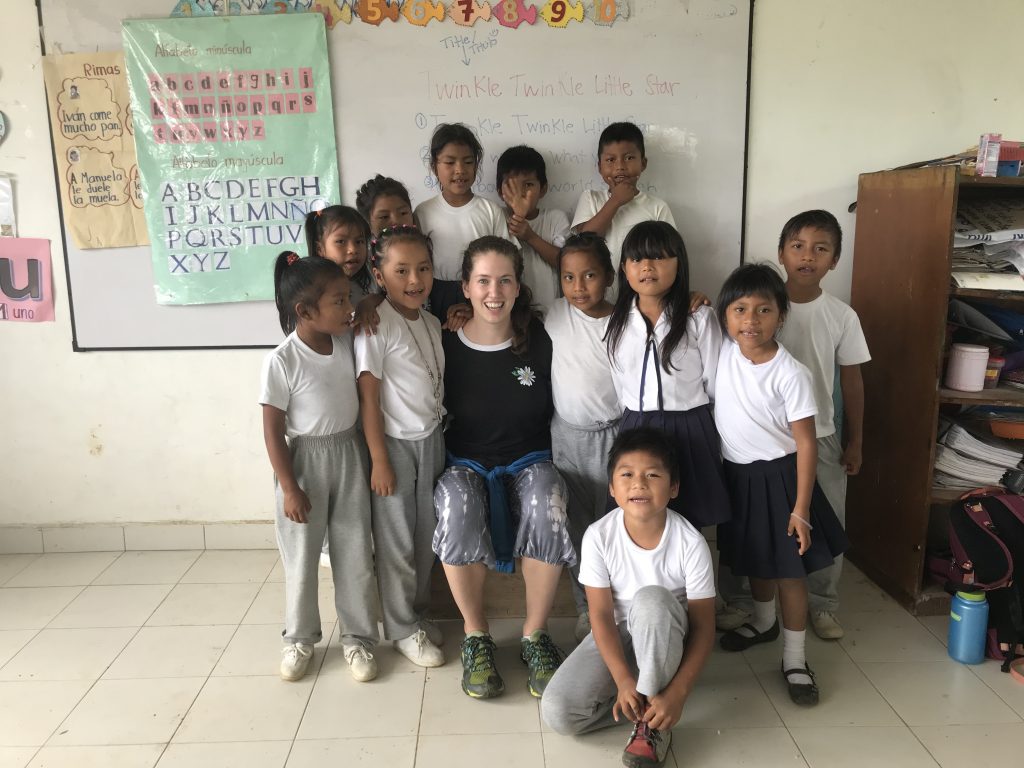
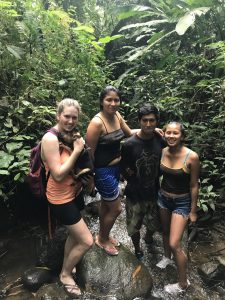
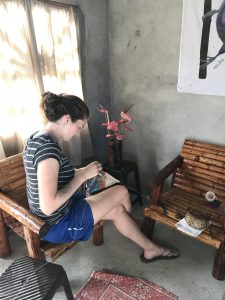 health center in the community. Both of these collaborations challenged me to take initiative and give back to my host community. Taking initiative was not easy. Sometimes I would overthink and convince myself that my involvement wasn’t necessary or worth too much. But I quickly turned those defeating thoughts around with the encouragement of the local staff, my program coordinator, and my host family. I used my ukulele to teach the English to local kids which they absolutely LOVED! I have come to realize that being around young people gives me so much positive energy and keeps me feeling young and vibrant. Then, I used my time in the health clinic to discover the health issues of my community and indigenous communities in general, learn medical Spanish, and be a helpful part of the team during medical brigades!
health center in the community. Both of these collaborations challenged me to take initiative and give back to my host community. Taking initiative was not easy. Sometimes I would overthink and convince myself that my involvement wasn’t necessary or worth too much. But I quickly turned those defeating thoughts around with the encouragement of the local staff, my program coordinator, and my host family. I used my ukulele to teach the English to local kids which they absolutely LOVED! I have come to realize that being around young people gives me so much positive energy and keeps me feeling young and vibrant. Then, I used my time in the health clinic to discover the health issues of my community and indigenous communities in general, learn medical Spanish, and be a helpful part of the team during medical brigades!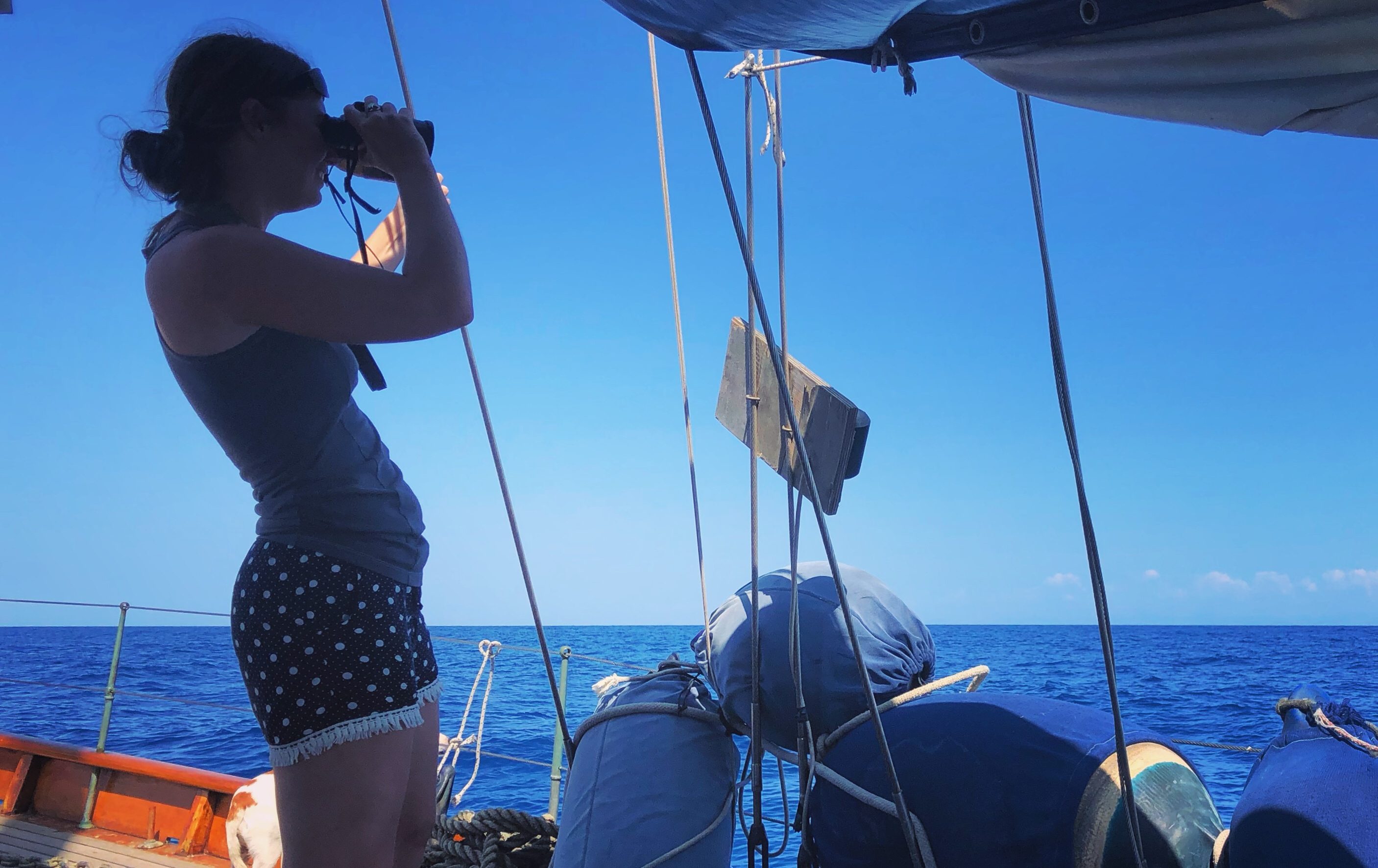
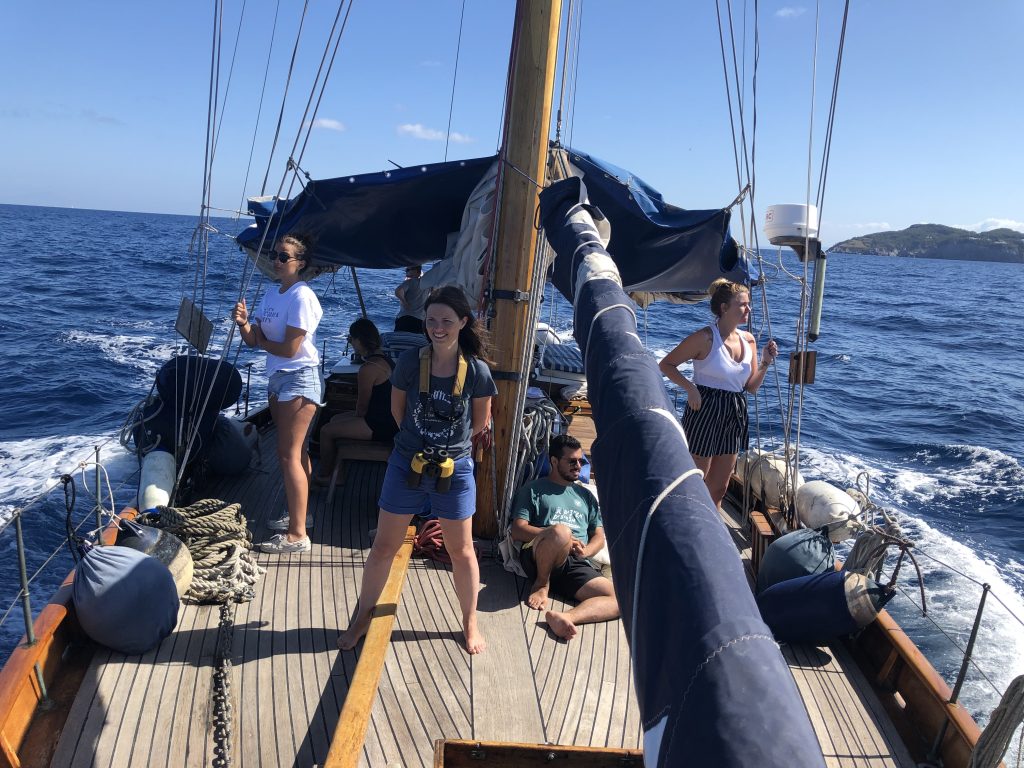 After I had paid and confirmed my booking, project manager Barbara had sent me a pdf with nice and detailed description of the project and conditions. That’s where I learned that I have to bring my sleeping bag or bed linen with me. In my opinion, the details like this should be mentioned from the very beginning, because not everyone is planning their trip in advance. As I learned later, there were many people coming with absolutely no idea about this… But I was lucky again because there was one spare sleeping bag on board and I arrived earlier than the others.
After I had paid and confirmed my booking, project manager Barbara had sent me a pdf with nice and detailed description of the project and conditions. That’s where I learned that I have to bring my sleeping bag or bed linen with me. In my opinion, the details like this should be mentioned from the very beginning, because not everyone is planning their trip in advance. As I learned later, there were many people coming with absolutely no idea about this… But I was lucky again because there was one spare sleeping bag on board and I arrived earlier than the others.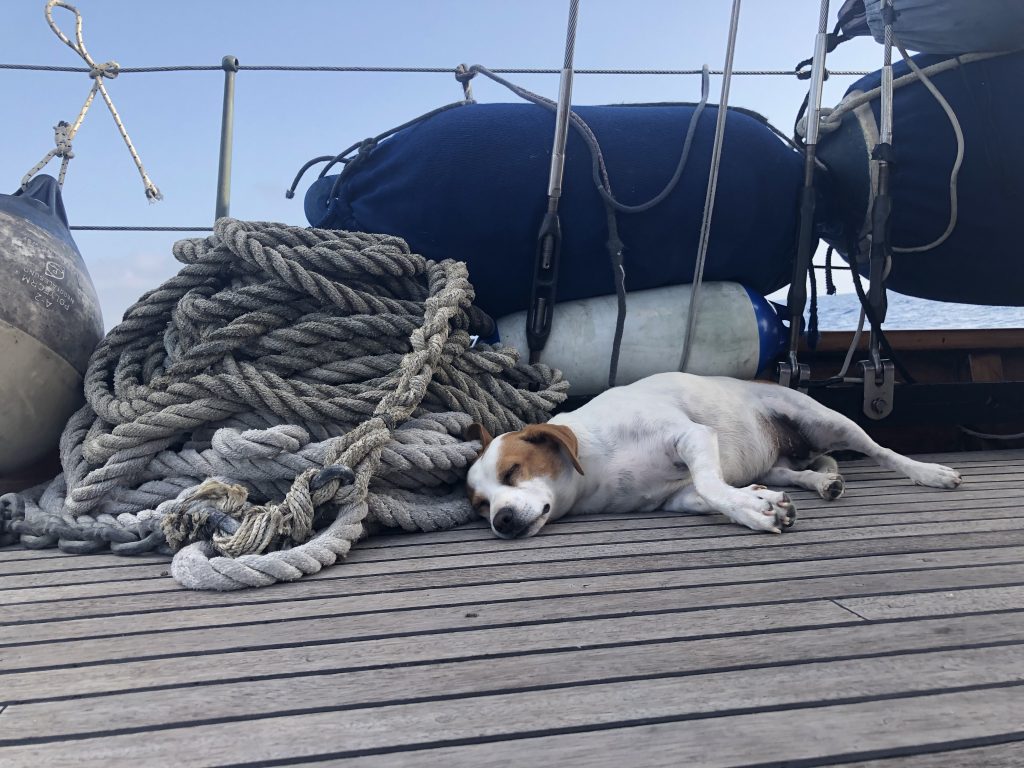 I arrived on Ischia 4 days before my shift and went for a run the next evening. That’s when I’ve seen the project boat for the first time. I hesitated because there was another group of volunteers, but still decided to say hi. And… stayed there until late night, just talking and talking. I already had some background about cetacean biology and was happy to discuss some interesting details about local fauna. The crew and the volunteers were absolutely amazing. After that I came to the boat every evening to spend time with the guys. On Sunday they had a day off and we went to relax at the thermal spa nearby.
I arrived on Ischia 4 days before my shift and went for a run the next evening. That’s when I’ve seen the project boat for the first time. I hesitated because there was another group of volunteers, but still decided to say hi. And… stayed there until late night, just talking and talking. I already had some background about cetacean biology and was happy to discuss some interesting details about local fauna. The crew and the volunteers were absolutely amazing. After that I came to the boat every evening to spend time with the guys. On Sunday they had a day off and we went to relax at the thermal spa nearby.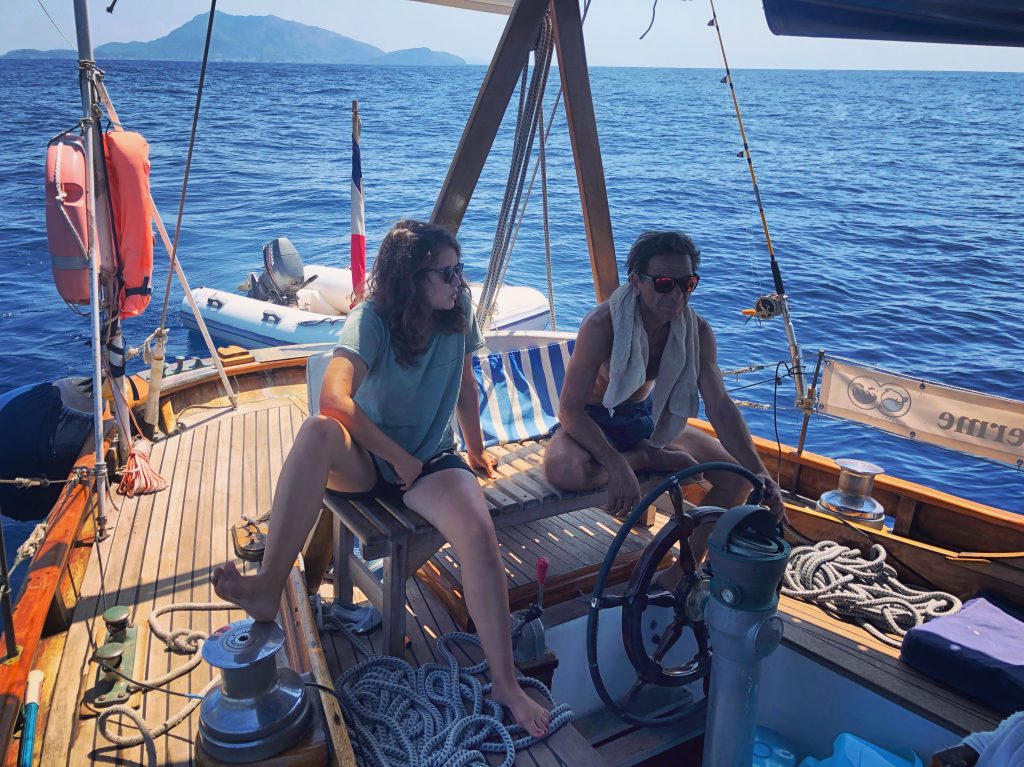
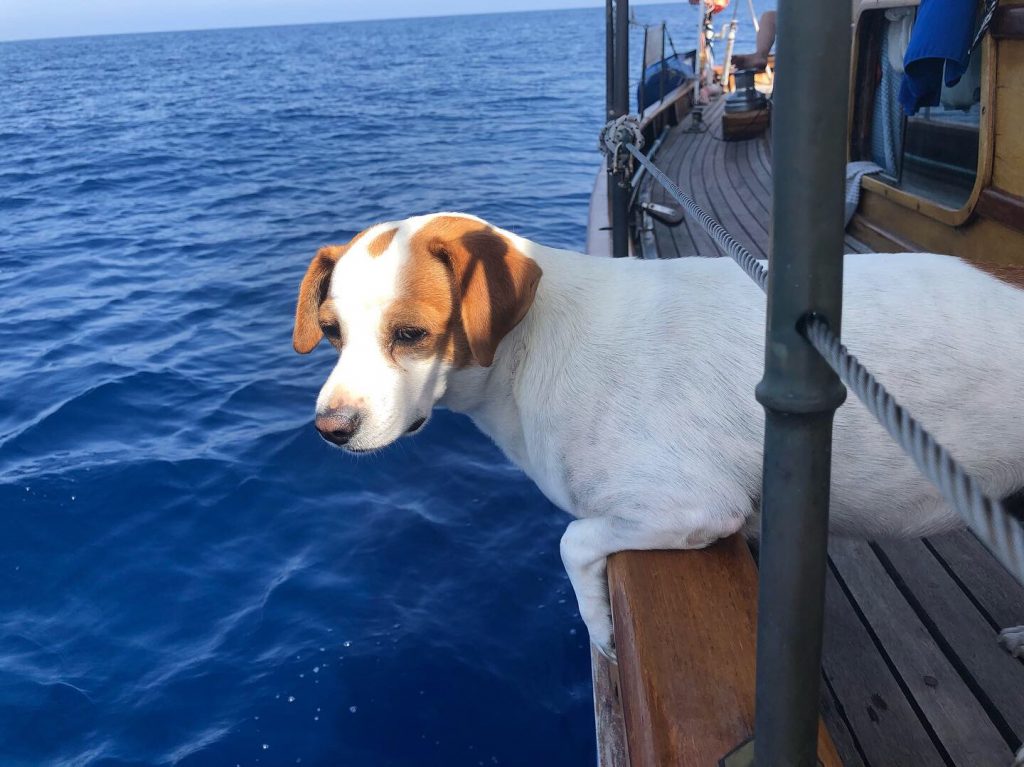 All the food is cooked by a skipper who is indeed an excellent cook. Every day research assistant with volunteers go to the market to get fresh bread, fruits and vegetables that are very good! You eat four times a day. First, breakfast – you just grab something while you do your cleaning duties on the boat before departure. Then, at about 12 AM skipped cooks bruschetta, then pasta for lunch. Then we come back to the harbor and you have dinner. After that you have free time. There is also plenty of excellent home white vine on board, so usually we just stayed there talking and drinking. I just couldn’t get enough of talking because all the people on me week were amazing and interesting.
All the food is cooked by a skipper who is indeed an excellent cook. Every day research assistant with volunteers go to the market to get fresh bread, fruits and vegetables that are very good! You eat four times a day. First, breakfast – you just grab something while you do your cleaning duties on the boat before departure. Then, at about 12 AM skipped cooks bruschetta, then pasta for lunch. Then we come back to the harbor and you have dinner. After that you have free time. There is also plenty of excellent home white vine on board, so usually we just stayed there talking and drinking. I just couldn’t get enough of talking because all the people on me week were amazing and interesting.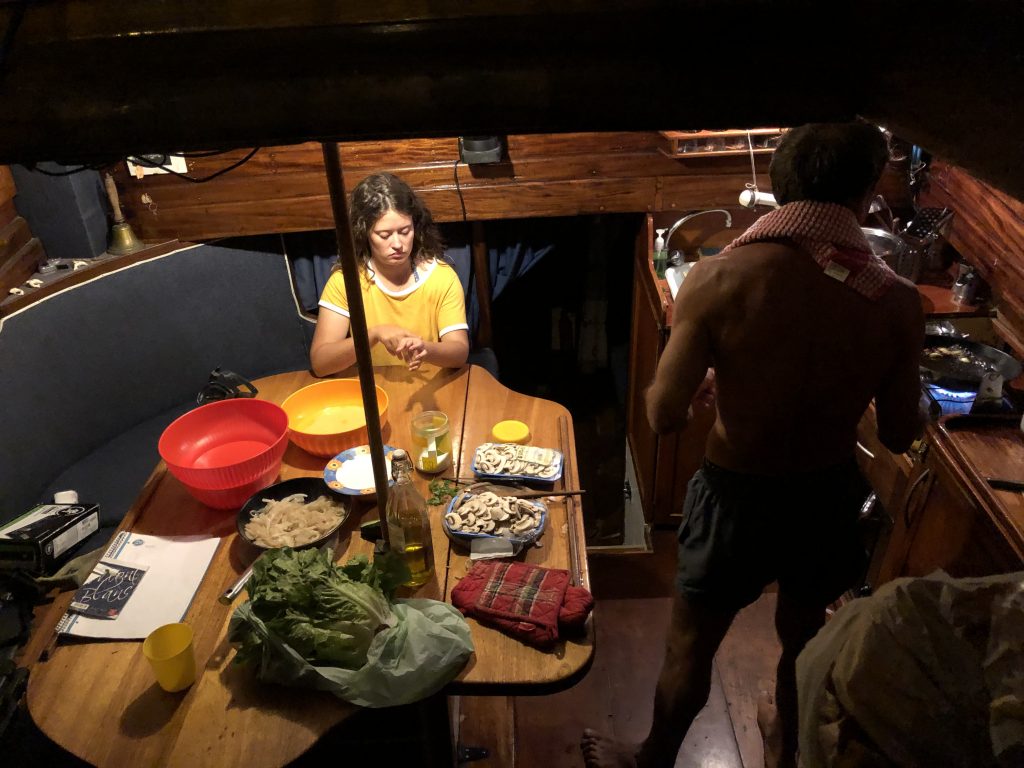 The project is very important from the scientific and conservation point of view because they do the monitoring of cetacean populations in Mediterranean which is surrounded my many countries and isolated from the rest of the ocean. There are many endemic species and populations, most of them are rapidly declining, some coming close to extinction. This happens because of overfishing, pollution, unwise regulation of marine traffic. Skipper Angelo was born on Ischia and lived there all his life and he can tell you a lot how it used to be. He said, that 20 years ago there were huge pods of common dolphins, when you see animals up to the horizon. Now you hardly see a common dolphin anymore, rarely 1-2 individuals occur in the group of striped dolphins.
The project is very important from the scientific and conservation point of view because they do the monitoring of cetacean populations in Mediterranean which is surrounded my many countries and isolated from the rest of the ocean. There are many endemic species and populations, most of them are rapidly declining, some coming close to extinction. This happens because of overfishing, pollution, unwise regulation of marine traffic. Skipper Angelo was born on Ischia and lived there all his life and he can tell you a lot how it used to be. He said, that 20 years ago there were huge pods of common dolphins, when you see animals up to the horizon. Now you hardly see a common dolphin anymore, rarely 1-2 individuals occur in the group of striped dolphins.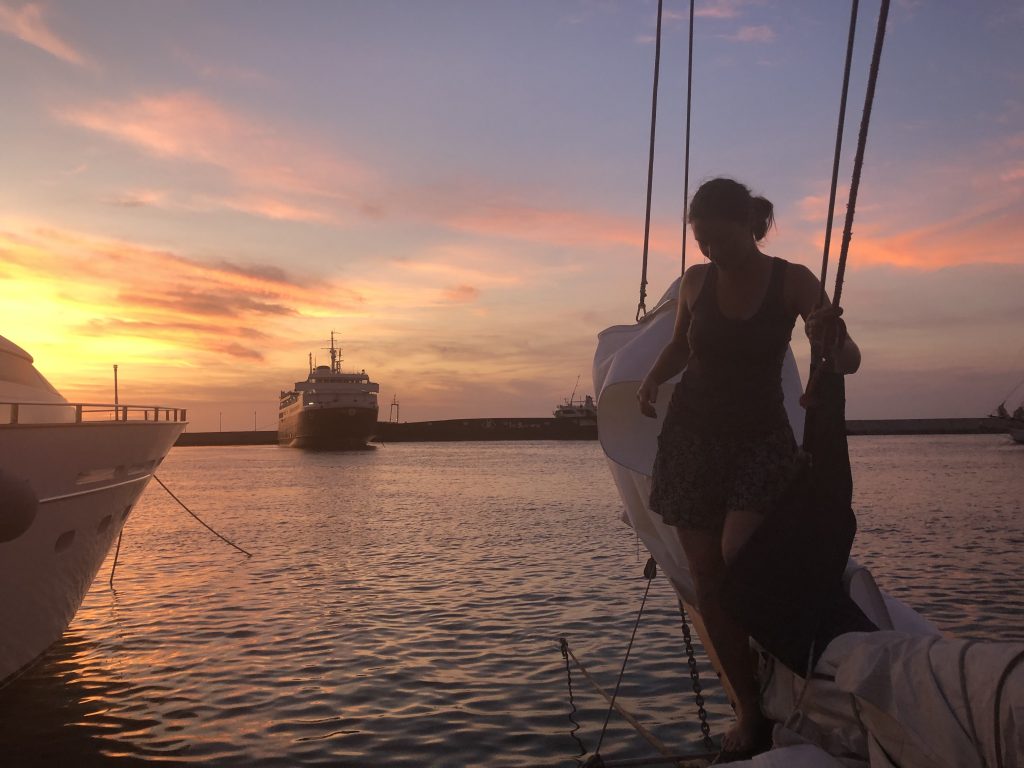 This is actually the saddest thing. The Mediterranean is dying. Most of the time you just watch the empty sea and struggle to find anything living in there. Not even jumping fish. During my week, we had only one brief sighting of the couple ofstriped dolphins. With the hydrophones, we heard occasional clicking of the sperm whale, but had never seen the animal. This was very sad and disappointing because I really wanted to get more experience in field identification of cetaceans.
This is actually the saddest thing. The Mediterranean is dying. Most of the time you just watch the empty sea and struggle to find anything living in there. Not even jumping fish. During my week, we had only one brief sighting of the couple ofstriped dolphins. With the hydrophones, we heard occasional clicking of the sperm whale, but had never seen the animal. This was very sad and disappointing because I really wanted to get more experience in field identification of cetaceans.